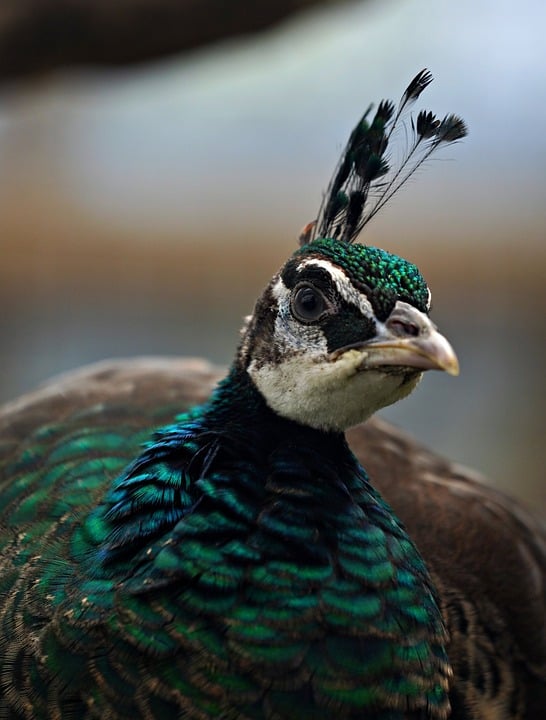In a world where science and technology are advancing at a rapid pace, the role of traditional beliefs and practices may seem antiquated. However, the intersection of science and tradition is far more complex and nuanced than it appears at first glance. In this article, we will delve into the intricate relationship between these two seemingly disparate worlds, exploring how they interact and shape each other in the 21st century.
Historical Context
To understand the current state of the intersection of science and tradition, we must first examine its historical context. Throughout human history, traditional beliefs and practices have played a crucial role in shaping societies and cultures. From ancient rituals to religious ceremonies, these traditions have provided a sense of identity and belonging to communities around the world.
At the same time, the rise of science and empirical reasoning in the Enlightenment era challenged many traditional beliefs, leading to a shift in the way people viewed the world. The scientific revolution of the 17th century ushered in a new era of discovery and innovation, laying the foundation for modern scientific principles.
Despite this shift towards scientific rationality, traditional beliefs have continued to persist in various forms. Whether it be religious rituals, cultural customs, or indigenous knowledge systems, these traditions are deeply intertwined with the fabric of society and are often passed down through generations.
Current State
In the 21st century, the intersection of science and tradition has taken on new dimensions. With advances in technology and globalization, traditional beliefs are now being exposed to a wider audience than ever before. This can lead to both preservation and erosion of these beliefs, depending on the context.
On one hand, scientific advancements have enabled us to better understand and appreciate the value of traditional knowledge. For example, studies have shown that certain traditional healing practices have scientific validity, leading to their integration into modern healthcare systems. This cross-pollination of ideas has the potential to create a more inclusive and holistic approach to health and well-being.
On the other hand, the spread of scientific knowledge can also challenge traditional beliefs that are not supported by empirical evidence. This can lead to conflicts between science and tradition, as seen in debates over climate change, evolution, and other controversial topics. Finding a balance between respecting tradition and embracing scientific progress is a delicate tightrope that many societies are currently navigating.
Future Predictions
As we look towards the future, the intersection of science and tradition is likely to become even more pronounced. With the rise of artificial intelligence, biotechnology, and other cutting-edge technologies, traditional beliefs will be subject to even greater scrutiny and potential transformation.
One trend that is already emerging is the blending of traditional practices with modern scientific methods. For example, some indigenous communities are incorporating satellite imagery and GPS technology to preserve traditional agricultural practices. This fusion of old and new can lead to innovative solutions that benefit both traditional knowledge holders and the broader society.
Additionally, the ethical implications of scientific advancements will continue to shape the conversation around the role of tradition in the 21st century. Questions around genetic engineering, AI ethics, and other emerging technologies will force us to reevaluate our values and beliefs in the face of rapid change.
Conclusion
In conclusion, the intersection of science and tradition is a dynamic and ever-evolving space that requires careful consideration and respect. By examining the historical context, current state, and future predictions of this relationship, we can better navigate the complexities of our increasingly interconnected world. As we move forward into the 21st century, it is essential to recognize the value of both scientific inquiry and traditional wisdom, finding a harmonious balance that benefits all of humanity.
Thank you for reading this in-depth exploration of the role of beliefs in the 21st century. For further resources on this topic, please refer to the bibliography below for additional reading materials and expert insights.
